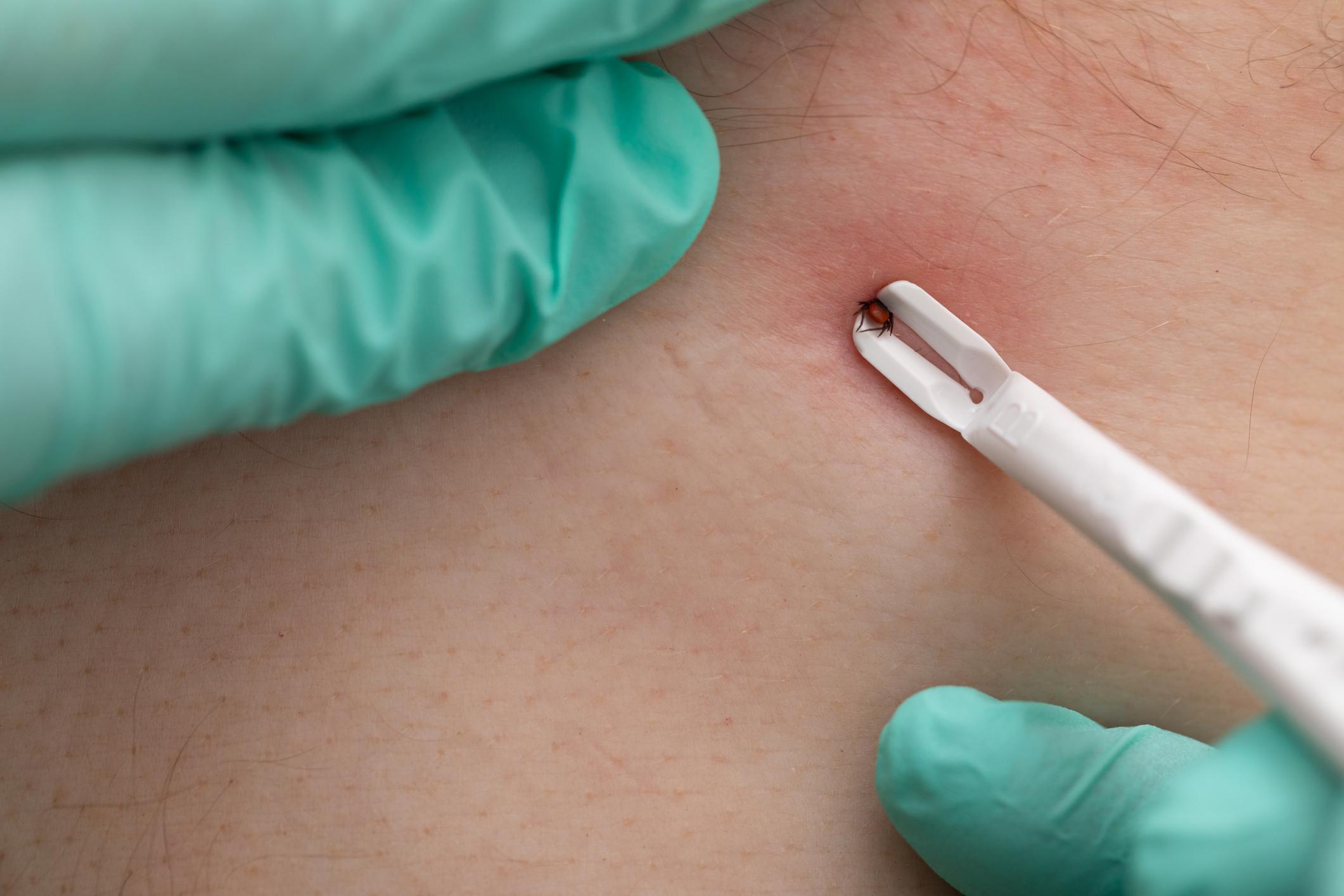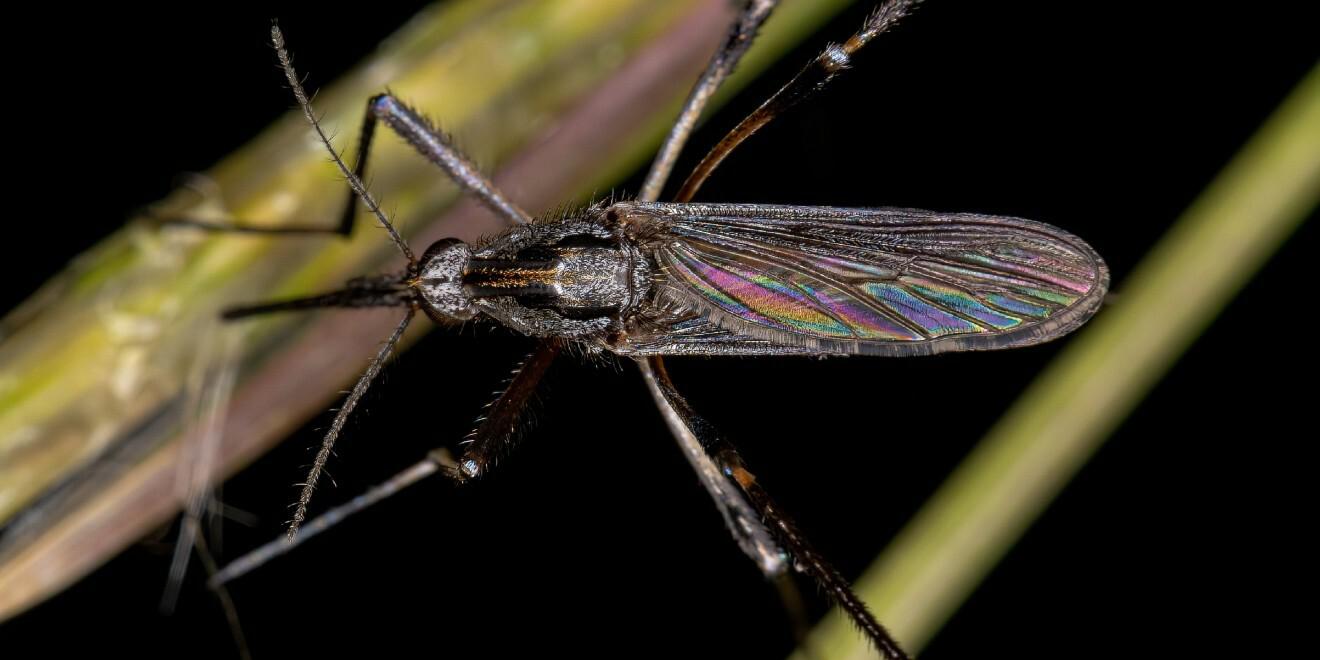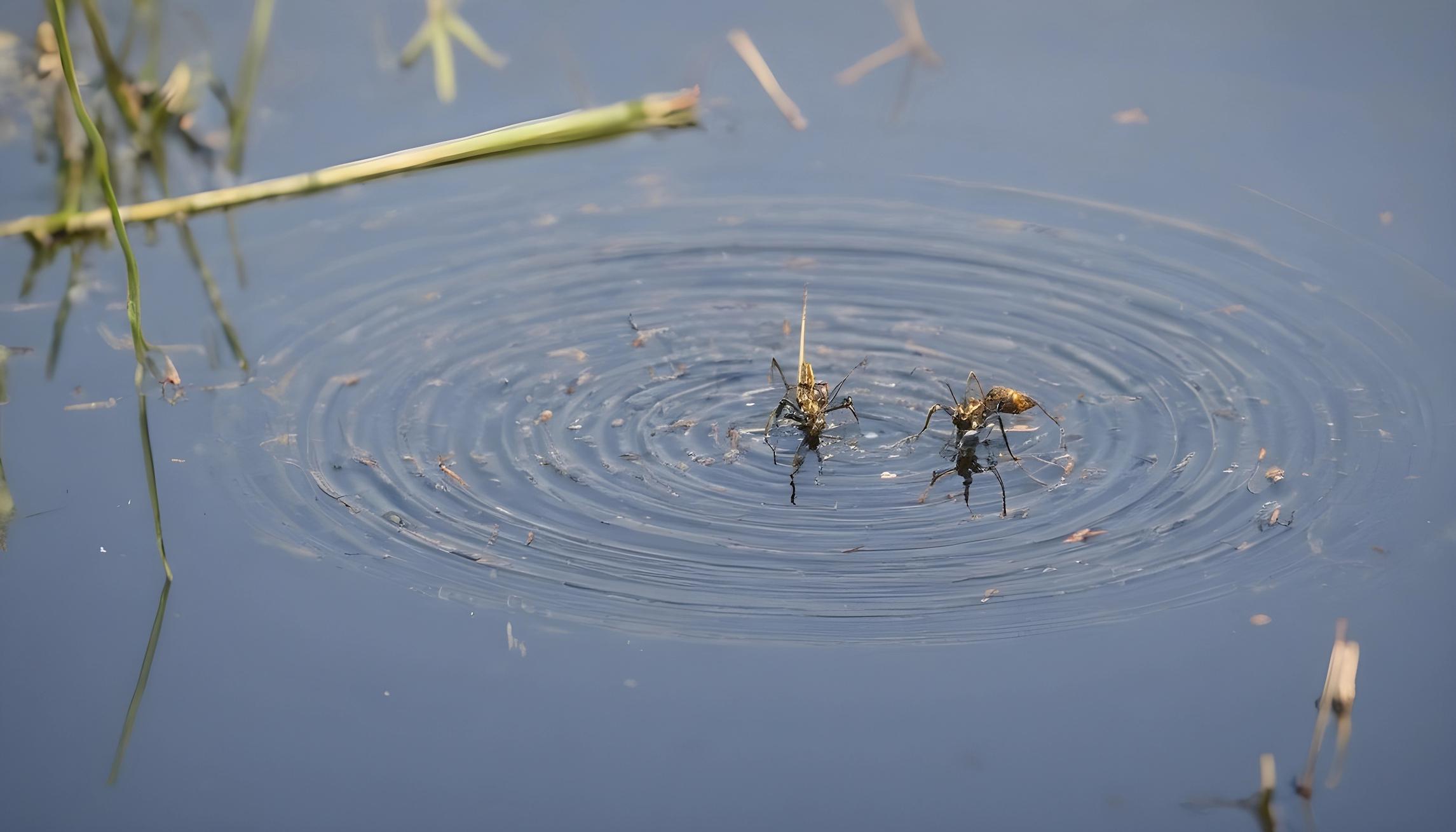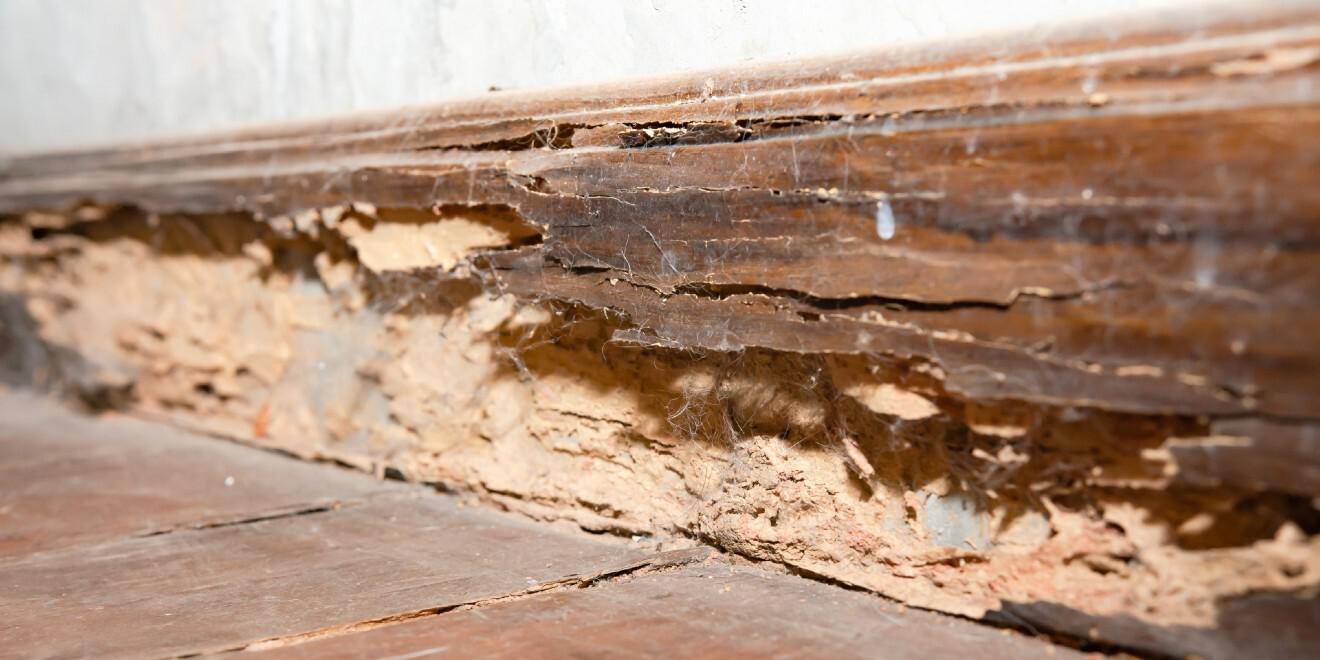Technology & Science in the Fight Against Mosquitoes
Posted by Mosquito Squad
December 12, 2016
As we’ve discussed on our blog before, the war between humans and mosquitoes has a long and devastating history. Despite being so tiny, the insect poses a huge threat to humanity. So in recent years, we have been enlisting a little help from modern technology to defend ourselves.
Here are three examples of technological advances in mosquito control:
1. Using Drones to Target Breeding Hot Spots
People are trying to use drones for everything from surveillance to pizza delivery, but we think mosquito control is one of the most beneficial uses for a drone. The basic concept is simple: drones with high-resolution cameras patrol regions to target patches of standing water that are too small or obscure to be spotted using traditional methods.
This summer, several experimental unmanned aerial systems (UAS), or computer-controlled drones, were developed at Rutgers University. Dubbed “skeeter copters,” these drones are loaded with equipment, including sonar, barometer, magnetometer, gyros, camera, accelerometers, GPS, telemetry, and more. They are designed to mist, survey, and map regions affected by mosquito infestation.
This practice is already being used in localities across the United States. In 2015 the Florida Keys Mosquito Control District began using drones. That marked the first time the Federal Aviation Administration authorized drones for mosquito control. In August 2016 the city of Aberdeen, South Dakota purchased a drone to combat West Nile. Williams County, North Dakota is also considering drones to lighten the load of mosquito control crews.
2. Zapping Mosquitoes with Laser Fences
We’ve all seen the bug zappers that people install in their backyards to attract mosquitoes and fry them when they approach. However, there is a much more advanced zapping technology being developed right now. Several years ago, Nathan Myhrvold created a “phototonic fence” that could use lasers to track and kill mosquitoes.
According to an article in Fast Company, it uses a low-energy laser beam and a reflective surface to detect insects as they pass through the fence. That triggers a stronger laser that zaps the insect for a quarter of a second, which disables or kills them.
The technology is still being tested, and the company is developing it says it has killed 10,000 mosquitoes so far and can be used for areas up to 100 meters across. The current plan is first to use it to solve problems in the developed world – like protecting hotels and commercial properties or agricultural fields from bugs – and then deploy it in the developing world.
3. Genetically Modifying Mosquitoes to Disturb Reproduction Patterns
This is a topic we have covered numerous times on our blog, and while genetically modifying mosquitoes may be controversial, it is interesting. The idea is to change the genetics of the mosquito to disrupt the reproductive process and shrink the population.
A British company called Oxitec developed a genetically-modified version of Aedes aegypti to do just that. The GM male mosquitoes (which don’t bite) are altered to add a specific protein to their DNA. When they have released them into the wild, they mate with female mosquitoes. The males then pass on their DNA to the offspring, which will die because of the modified genes.
In August, the FDA approved genetically-modified mosquito trials in the Florida Keys, which would allow Oxitec to release the insects. The trials were met with some opposition, so they were put to the vote. On Election Day, residents voted to approve the trials in various counties in Key West.
Scientists are carefully considering the potential side effects of genetically-modified mosquitoes because killing off one species of mosquito could leave an “ecological hole.”
We at DC Mosquito Squad always aim to keep you informed about the latest in mosquito control technology. Contact DC Mosquito Squad for professional help fighting the bite in your backyard.















